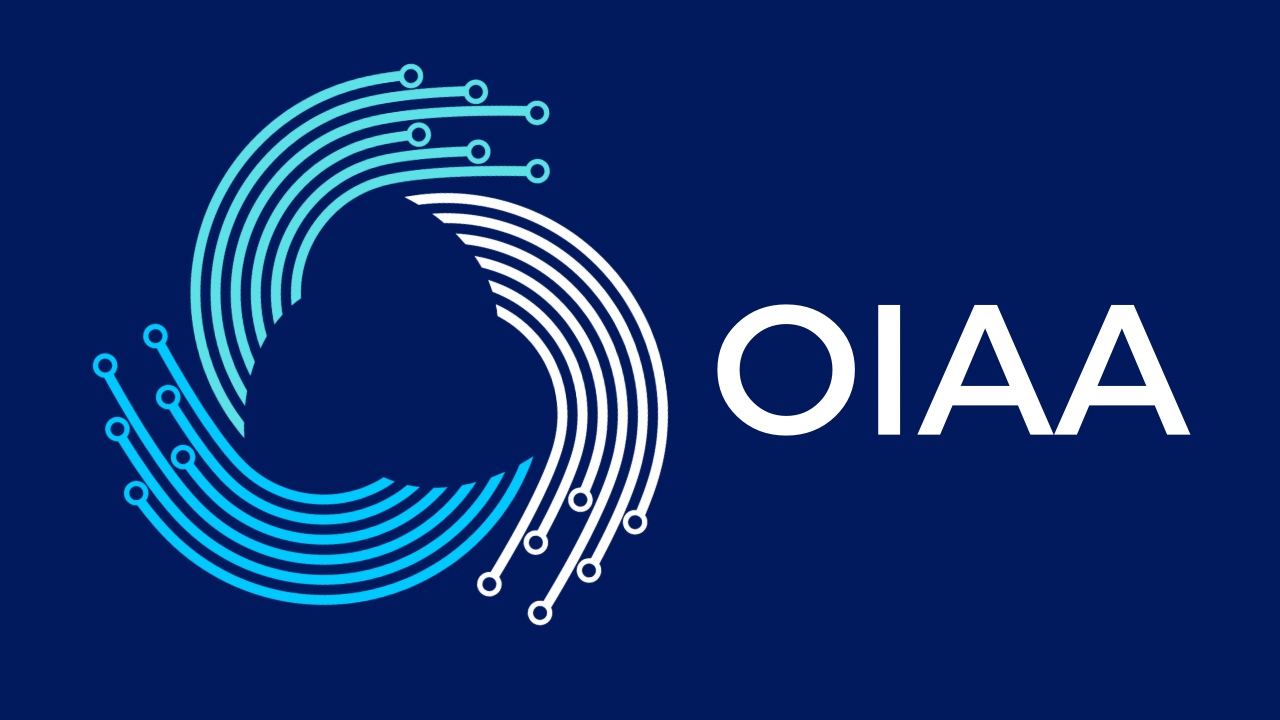Anonymity
Our public relations policy is based on attraction rather than promotion; we need always maintain personal anonymity at the level of press, radio, [TV,] and films.
Thus we respectfully ask that no A.A. speaker — or, indeed, any A.A. member — be identified by full name in published or broadcast reports of our meetings. ..
The assurance of anonymity is essential in our effort to help other problem drinkers who may wish to share our recovery program with us. And our Tradition of anonymity reminds us that A.A. principles come before personalities.
Copyright A.A. World Services, Inc. Reprinted with permission.
OIAA and Anonymity at the Public Level (04.13.25)
Introduction
Alcoholics Anonymous has a long-standing tradition of promoting anonymity, as outlined in the 12 Traditions. This principle of anonymity serves as the foundation for maintaining a sense of equality and safety, as well as allowing us to focus on the primary purpose of recovery. As we are well aware, with the growth of online meetings and interactions on social media platforms and websites, it is imperative that we address how these suggested spiritual principles can be acknowledged in digital spaces.
This policy paper seeks to outline some guidelines for maintaining the personal anonymity of AA members, including those who are deceased, in the online world. Today’s digital world has introduced complex issues regarding privacy and anonymity. Our aim is to ensure that AA’s principles are acknowledged, without being personally punitive to those who feel differently on these issues.
Background
AA has functioned under the guiding principle of anonymity, ensuring that members’ identities remain confidential and protected.
In the AA pamphlet, “Understanding Anonymity,” it notes that anonymity serves two different but vital functions. The first is at the personal level, “anonymity provides protection for all members from identification as alcoholics, a safeguard often of special importance to newcomers.” The second function noted is that at the level of press, radio, TV, films, and other media technologies such as the Internet, “anonymity stresses the equality in the Fellowship of all members by putting the brake on those who might otherwise exploit their AA affiliation to achieve recognition, power, or personal gain.”
As the fellowship moves into online spaces, especially through online meetings, the need to address anonymity becomes even more crucial. Websites and social media platforms can easily blur the lines of anonymity. The issue of deceased members’ identities presents a sensitive issue with regard to the privacy and confidentiality of both living and deceased members. However, it is noted that the posthumous anonymity of an A.A. member remains with the family.
At the 2004 AA World Service Meeting, an international forum held every two years of AA delegates from around the world, , held in New York, workshops were held regarding new media and the Traditions. The question was asked, “As anonymity is the ‘spiritual foundation of all our Traditions,’ does your country utilize the same safeguards on A.A. web sites that are used at the level of press, radio and film?” The response was, “It was generally agreed that the same safeguards are in place for A.A. web sites as other media.” This is an important aspect to consider when addressing these issues as the “generally agreed” indicates that not everyone interprets this principle of anonymity the same around the world. Although this World Service Meeting was over 20 years ago, it still remains relevant to this discussion. The beautiful diversity and participation of multiple countries and their autonomous A.A. structures is what makes this organization inspiring and like no other. Our collective worldwide experience inspires members across the globe to find Alcoholics Anonymous.
This board and our membership should not want to take on the role of enforcement or one to mete out punitive punishment. Concept Twelve that our actions never be personally punitive or an incitement to public controversy. Tradition One notes “our common welfare.” Tradition Two reminds us of “a loving God as He may express Himself in our group conscience.” Tradition Four calls out our autonomy, “except in matters affecting other groups or AA as a whole.” And Traditions Eleven and Twelve remind us to maintain personal anonymity at the level of press, radio and films,” and that “anonymity is the spiritual foundation of all our traditions, ever reminding us to place principles before personalities.” I am reminded that personality is my own, not yours. Can I be a member among members, with no distinction, but spiritually equal to my fellow members. Can I allow others to be different?
OIAA Policy:
With regards to the OIAA website, personal anonymity should be maintained. It is not so much about protecting me but protecting the new person who is looking at our organization for the first time, seeking help with their alcoholism. This is about safety and privacy for those seeking help or serving our organization.
With regards to the OIAA YouTube channel, OIAA will maintain two channels – one public facing with information about OIAA and a second channel, marked private, where members who wish to post videos celebrating their fellowship, such as occurred with the International Convention hosted by OIAA, could have a space to do so. Access to the private channel would be voluntary. There will still be a need for oversight from our Committees to ensure appropriateness of content and to remove anything that would be divisive, offensive, or an outside issue.

